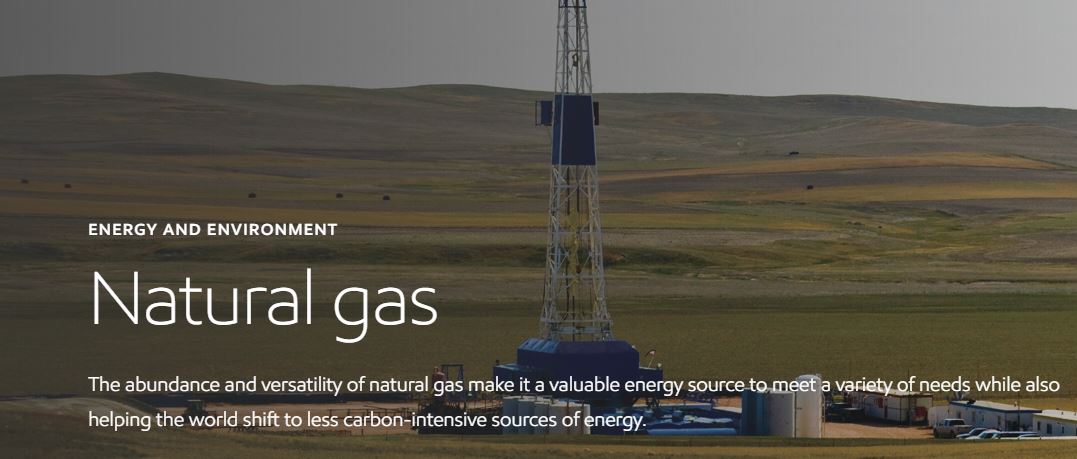Press release
ExxonMobil today said a new study estimates the company’s development of Permian Basin resources in New Mexico will generate approximately $64 billion in net economic benefits for the state and local communities over the next 40 years, creating thousands of new jobs and providing increased funding for education, health and human services and infrastructure improvements.
Study evaluates planned development activities over the next 40 years
Research shows New Mexico to receive an estimated $62 billion in net fiscal benefits
Local communities to gain an estimated $1.8 billion in economic growth
“The Permian Basin is the engine of America’s energy renaissance and New Mexico residents will see direct economic benefits and opportunities from our planned investments,” said Darren W. Woods, chairman and chief executive officer of Exxon Mobil Corporation. “We will be a significant, long-term economic contributor to the state of New Mexico and will work hard to be a trusted member of the community.”
The state government will receive an estimated $62 billion in net fiscal benefits, $44 billion of which will come from new leases and royalties, according to the research. About $8.5 billion will come from state oil-and-gas severance taxes, said the study which was conducted for ExxonMobil by Impact Data Source. The research findings assume an oil price of $40 per barrel.
From an employment perspective, ExxonMobil’s activities will generate an average of 4,100 direct job opportunities for New Mexicans per year for the next 40 years, the study estimates. Over the next 40 years, the company’s operations are expected to generate a total of approximately $29 billion in new wages, salaries and benefits.
New Mexico Governor Michelle Lujan Grisham said the industry is crucial for residents and expressed optimism about the projections.
“The benefit to this state’s bottom line, as represented by investments from companies like ExxonMobil, has been enormous,” Gov. Lujan Grisham said. “My administration has been and will continue to be responsive to changes in the energy sector and the need for meaningful regulation and diversification as a means of ensuring a sustainable future – for our children, their education, the infrastructure that will support our collective future and more.”

